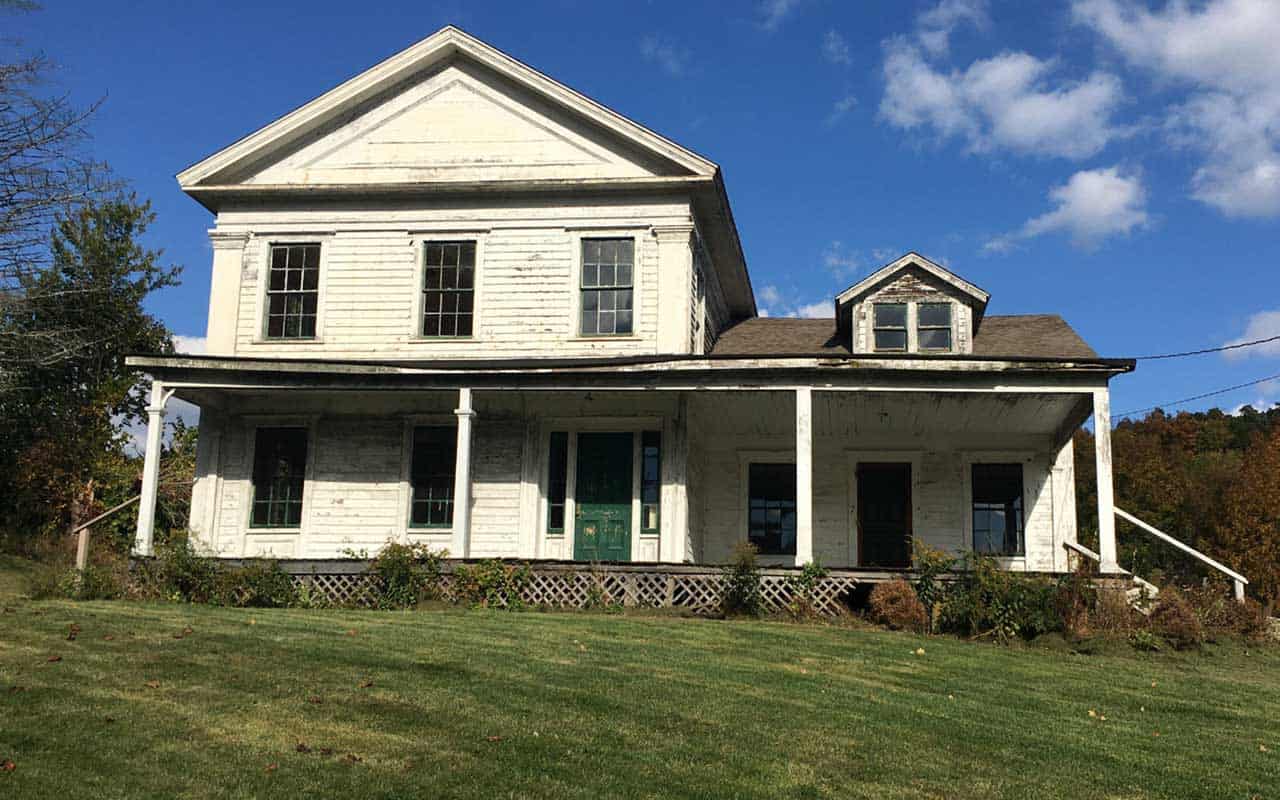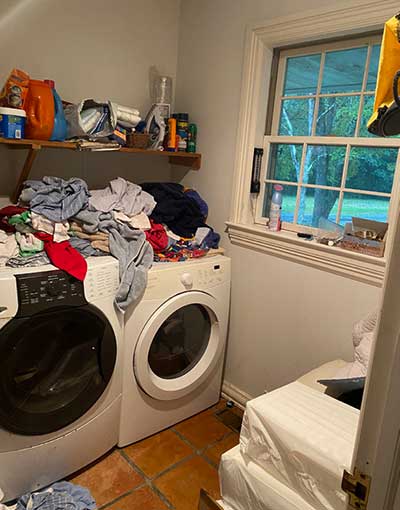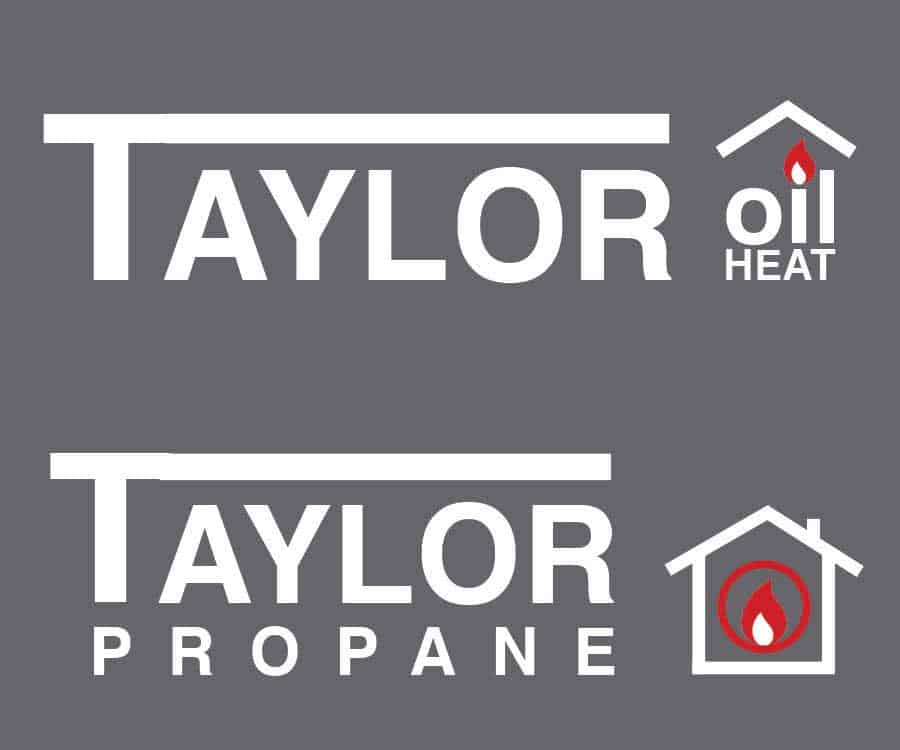Real Estate

Top 5 Reasons Why Houses Don’t Sell Quickly
With all the excitement and frustration of bidding wars and houses sold days after listing what about the houses that haven’t sold – houses that have been on the market for months or even years? Most real estate experts say a house that’s not moving in this market is priced wrong, but presentation, location, condition, and market timing are other reasons that houses linger in even a hot market with low inventory.
First impressions – beyond decluttering
First step is finding the house – online and/or in person. If the address is unknown to GPS, the driveway hidden, or address and mailbox unmarked, people will just give up as they try to physically locate it and do a drive-by. Brokers’ “For Sale” signs can be very helpful in this regard. If a house is only listed for sale on the area MLS and the owner does not permit posting on sites like Zillow, Realtor.com, etc. buyers will only find it by consulting with a real estate agent who has access to that MLS system. The house could also be posted only on the selling brokers’ website which will limit potential buyers. For Sale by Owner listings are even more elusive.
Presentation may be the biggest reason that houses sell slowly or at a discounted price and is the one sellers have the most control over. An estimated 90% of all buyers first browse photographs on the internet on sites like Zillow, Realtor.com, and individual broker sites before calling to arrange a visit or driving by to check out the neighborhood. Poorly lit rooms, badly composed shots of messy interiors, or lawns covered in snow cause potential buyers to click to the next house. An accompanying written description of a property that is poorly written, uninformative or hyped minimizes rather than excites interest.
The listing real estate agent may also be a problem including ignoring phone calls from buyer’s agents because they want to keep the entire commission for themselves. Or maybe they have gone on vacation or it’s just too much trouble to show a house on a Sunday morning. Sometimes sellers’ agents just don’t arrive to unlock and show the house. This is especially true of agents who are outside our area and don’t know the house or the neighborhood. The listing agent should have additional information to share like a survey or a disclosure report and will point out the positive features of the home and answer all questions.
If the owner has not made the house “ready to show” there will be few second visits. Are pets removed, beds crisply made, and floors swept? Has the house been decluttered and depersonalized? Buyers respond best to a house that is unoccupied and staged with all personal items from shoes to photos and shabby furniture removed. Style should be compatible with the house but also reflect the tastes of the current market. Hepplewhite dining chairs, floral overstuffed couches, cabinets filled with collectibles, and period lighting reduce perceived value for the younger, design sophisticated buyers from Brooklyn looking for a contemporary farmhouse or design-forward home.
One realtor commented that today’s buyers are very willing to overpay for “sexy” and “ready to go” and reject anything that needs “updating.” Comments like “this is frumpy,” or “how old are the owners?” are indications that the house will linger on the market.
Location
Location, location, location is key to selling a house quickly. Is the home located in a high tax town or a low tax rate town like Salisbury, CT? What school district is the home located in, and what are the school taxes? For example, a home located in Amenia could be in the Webutuck School District and pay a school tax of 11.9 mils, or in the Dover School District with double the rate at 20.4 mils. The difference should be reflected in the price as buyers calculate monthly housing expense.
Is the home too close to a busy road or situated at the top of a long, steep driveway? Is there cell service and cable access? Is there a barking dog next door, neighbors with a offensive- and or provocative political signs, a racetrack, or freight trains rolling by at the back of the property? Are there offensive odors from pigs, chickens or cattle or composting? Is the acreage next to protected land under conservation easement or could there be a housing development in the future?
Do zoning laws or historic district designation prevent expansion or alteration? Do buyers have concerns about air pollutants from energy plants or mineral processing? Is the house situated to maximize natural light or is it surrounded by trees or in the shadow of a mountain?
Most important of all, does the house have views? Is there a distant sunset, early morning light, a southern exposure for a pool and gardens, a long view to mountains? Houses with views and privacy sell quickly at a premium while dark houses located next to a road or downhill in a hollow will take a while to find a buyer.
 Condition
Condition
“What Condition Is My Condition In” to paraphrase the Jerry Lee Lewis song. Deferred maintenance and worse is a huge impediment to any sale. Some houses never sell because owners refuse to address expensive repairs like septic failure, well flow, cracked foundations, buried oil tanks, or dangerous trees. Does the roof need to be replaced? What about the windows? These two items can add enormously to the cost of repairing a house and delay time to move in.
What about the exterior? Does the house siding need replacement, painting, or repair? Does the driveway need resurfacing? These are other big-ticket items that won’t go away and will delay a sale unless the price is reduced dramatically.
In today’s market, buyers want a house that is ready to move in and don’t want the uncertainty and delay of supply chain bottle necks, price increases, and skilled labor. Uncertainty of cost to repair was an issue with a house in Twin Lakes that sat on the market and experienced withdrawn offers. The seller eventually acknowledged the problems and paid for a new roof, dug a new well and put in a new septic system to close the deal several years after it was listed.
There are condition issues that are easier for sellers to remedy. Windows should be washed, and rooms repainted in neutral colors. All appliances should be working – clean that oven and refrigerator. Any signs of pest intrusion should be removed – dead bats in the attic, or mouse dropping in the basement. Attack those moldy smells. Outside mow the lawn, remove plants from around foundations, weed and trim – declutter nature.
Good title is a legal condition that if not resolved can stop a sale in its tracks. Who are the owners? Are there easement issues? Where are the property lines? Title problems should be addressed before listing a property to assure an orderly, timely sale.
Market timing
When a house is put on the market also affects the number of days it takes to sell and the closing price. Houses listed during an active market like the first half of 2021 sold quicker at higher prices than at any time in the last ten years.
Seasonally, houses sold in the last three years that were closed in February were on the market the longest and sold at the lowest average median price. Conversely houses closing in July were on the market the shortest time and fetched the highest price. Assuming it takes about two months from accepted offer to close, this data confirms the common view that spring is the best time to list a house for sale and that the last quarter of the year is probably the worst.
The price is right
Determining a listing price is an art but it’s not the agent who sets the price. Owners make the final decision on the offering price and decide what to repaint, repair, renovate, or remove. Brokers can offer suggestions to make a listing more saleable and recommend a price, but it is the owner who makes the key decisions that affect the sale. While square foot comparables can establish some parameters, the market itself will decide whether the house sells quickly or sits waiting. If a home, especially in this market, doesn’t attract multiple showings or if no one comes back to look again, it probably means the house is priced too high for its perceived condition, style, or location. One experienced Connecticut realtor commented on a Litchfield house that had been on the market for over 500 days before selling in April, “This house lingered on the market at too high a price for too long and then the Covid market saved it. Now it looks like a steal.”
“It always comes down to pricing,” according to John Harney of William Pitt Sotheby’s International Real Estate. “The buyer has to be comfortable with the deal even if they are paying a premium price. So, if the property has an excellent location and a good steward for an owner, the chances are excellent that the pricing will be strong with both parties happy. If the pricing seems even to the casual observer as too high, then it will sit on the market until either the price is adjusted, or the market catches up to it.”
Christine Bates is a registered real estate agent with William Pitt Sotheby’s International Real Estate in New York and Connecticut. She has written monthly for Main Street Magazine since its very first issue.






